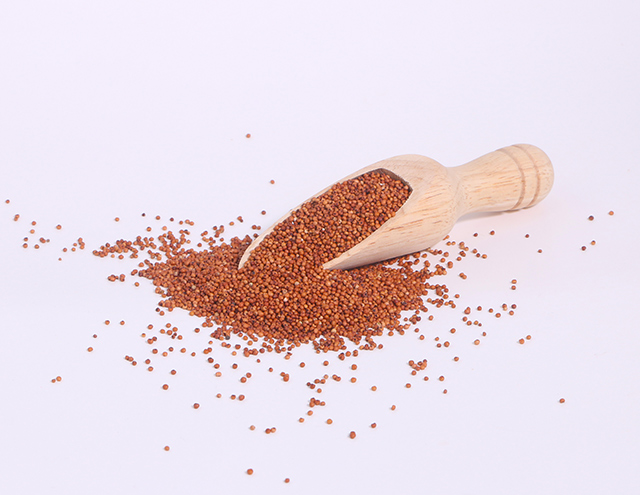Can a keto diet improve cancer symptoms? Here’s what you need to know
09/09/2019 / By Melissa Smith

Recently, more people are adhering to the ketogenic diet – a high-fat, moderate-protein, and low-carbohydrate diet. It restricts the intake of carbohydrates coming from bread, crackers, certain fruits, pasta, rice, root vegetables, and sugar. While most commonly known for its ability to aid in weight loss, the keto diet was also found to fight against some types of cancer.
One study published in the journal Cancer & Metabolism reported that 80 percent of human cancer cells have an increased intake of glucose and produce very little energy without the presence of oxygen. This mechanism is completely unusual compared to normal energy metabolism – where a small amount of glucose yields a huge amount of energy in the presence of oxygen. These findings suggested that the metabolism of most cancer cells is altered.
However, by adhering to the keto diet, the metabolism of the tumor can potentially be changed. This can be done by reducing the intake of sugar and other nutrients, such as insulin and insulin-like growth factor (IGF-1), the tumor feeds on. As a result, the blood flow to the tumor is reduced, making it much less favorable for cancer cells to grow.
Keto diet can help women lose weight and fight cancer
This cancer-fighting effect of the keto diet was confirmed in a study published in the Journal of Nutrition. In this study, researchers from the University of Alabama at Birmingham wanted to determine if the keto diet can help women with cancer lose more body fat and lower their insulin levels.
To do so, they randomly assigned women with ovarian cancer and endometrial cancer to a keto diet or the American Cancer Society diet for 12 weeks. They measured the participants’ body composition, fasting serum insulin, IGF-1, and beta-hydroxybutyrate before and after the treatment. They also measured their urinary ketones throughout the study period.
The results showed that the ovarian and endometrial cancer patients who followed the keto diet experienced significant improvements in their condition. The keto diet helped reduce the fat mass, insulin, and IGF-1 of obese endometrial and ovarian cancer patients. This led to the reduction of their tumor burden.
Another study, which was published in the journal Neuro-Oncology, found that the keto diet sensitizes cancer cells to be killed and saves healthy cells during chemotherapy and radiation. Most studies that have supported the cancer-fighting effects of the keto diet are mainly for brain tumors. (Related: The keto diet: Tips to make sure that the eating plan is working for you.)
Following the keto diet for cancer treatment
While existing evidence on the beneficial effects of the keto diet on cancer is promising, there are several things you need to consider if you are diagnosed with cancer and are currently on treatment. For one, people with non-small-cell lung cancer; esophageal, pancreatic, or gastric cancer; or are undergoing a stem-cell transplant burn calories much faster than those with other cancers and have a metabolism that tends to be more altered. In addition, pancreatic cancer and cancers of the bile duct and gallbladder typically cause fat malabsorption. For these reasons, the keto diet may not work for these people.
Following the keto diet may also cause nutrition-impact side effects that may be difficult to manage, such as nausea and diarrhea. As mentioned earlier, the keto diet can lower glucose levels, which can be dangerous for people who are prone to hypoglycemia and those taking blood sugar-lowering drugs. Overall, if you are diagnosed with cancer, it’s best to consult a nutritionist who can tell if the keto diet is suitable for your condition.
Sources include:
Tagged Under: #nutrition, alternative medicine, anticancer, cancer cures, Diets, disease treatments, endometrial cancer, glucose, insulin, keto diet, ketogenic diet, low-carb, natural cures, natural medicine, obesity, Ovarian Cancer, overweight, prevention, protein, remedies, research, slender, weight loss, women's health
RECENT NEWS & ARTICLES
COPYRIGHT © 2017 FOOD SCIENCE NEWS


















